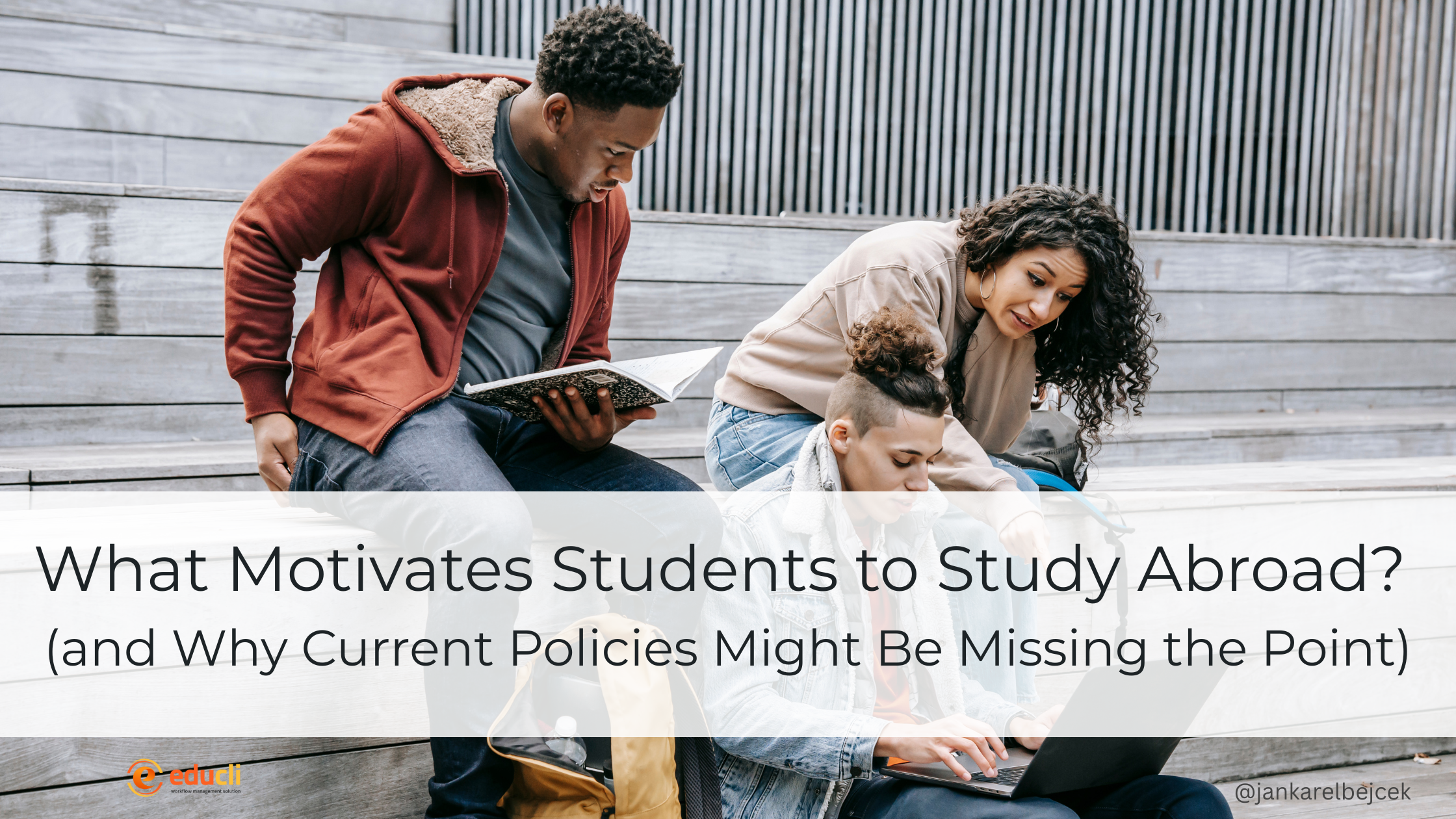Every year, millions of students choose to leave their home country and pursue education overseas. For some, it’s about academic excellence. For others, it’s career advancement or personal growth. But across the board, one thing is clear — studying abroad is a deeply strategic, life-changing decision.
So, what motivates students to make this leap? And are current education and migration policies aligned with this reality?
Top motivators for studying abroad
1. Quality education and global recognition
International universities are seen as gateways to top-tier education, access to research, and globally respected qualifications.
2. Career and work opportunities
Post-study work rights help students gain global experience and build international resumes. Some consider it a stepping stone to long-term migration — but that’s a minority.
3. Cultural exposure and personal growth
Studying abroad pushes students out of their comfort zones. They return more independent, globally minded, and resilient.
4. Language and communication skills
Immersion in English or other major languages equips students with essential soft skills and boosts employability.
5. Scholarships and financial support
Many now see study abroad as accessible thanks to financial aid, scholarships, and part-time work options.
6. Social influence and prestige
In many countries, holding a degree from the UK, Australia, or Canada is not just prestigious — it’s aspirational.
However this is where the policy disconnects
Despite the benefits, recent moves by governments in Australia, Canada, and the UK to restrict student visas, cap enrolments, or limit post-study rights are out of step with student motivations and global trends.
Only a small percentage of international students stay permanently, yet policies increasingly treat them as long-term migration threats. This sends the wrong message and risks driving top talent elsewhere.
By turning away students, we are not just losing tuition — we are losing future innovators, researchers, entrepreneurs, and global ambassadors.
And why this matters?
International students:
- Boost economies
- Build lifelong ties between nations
- Contribute to research, business, and innovation
- Return home as soft-power allies
The bottom line
Studying abroad is not a loophole — it’s a bridge.
Let’s ensure policies reflect the value students bring — not just in financial income, but in long-term impact.
#InternationalStudents #StudyAbroad #GlobalEducation #EdPolicy #TalentMobility #Educli #HigherEd #StudentVisas #EdTech #EducationAgents #FutureLeaders #PostStudyWork





Leave A Comment